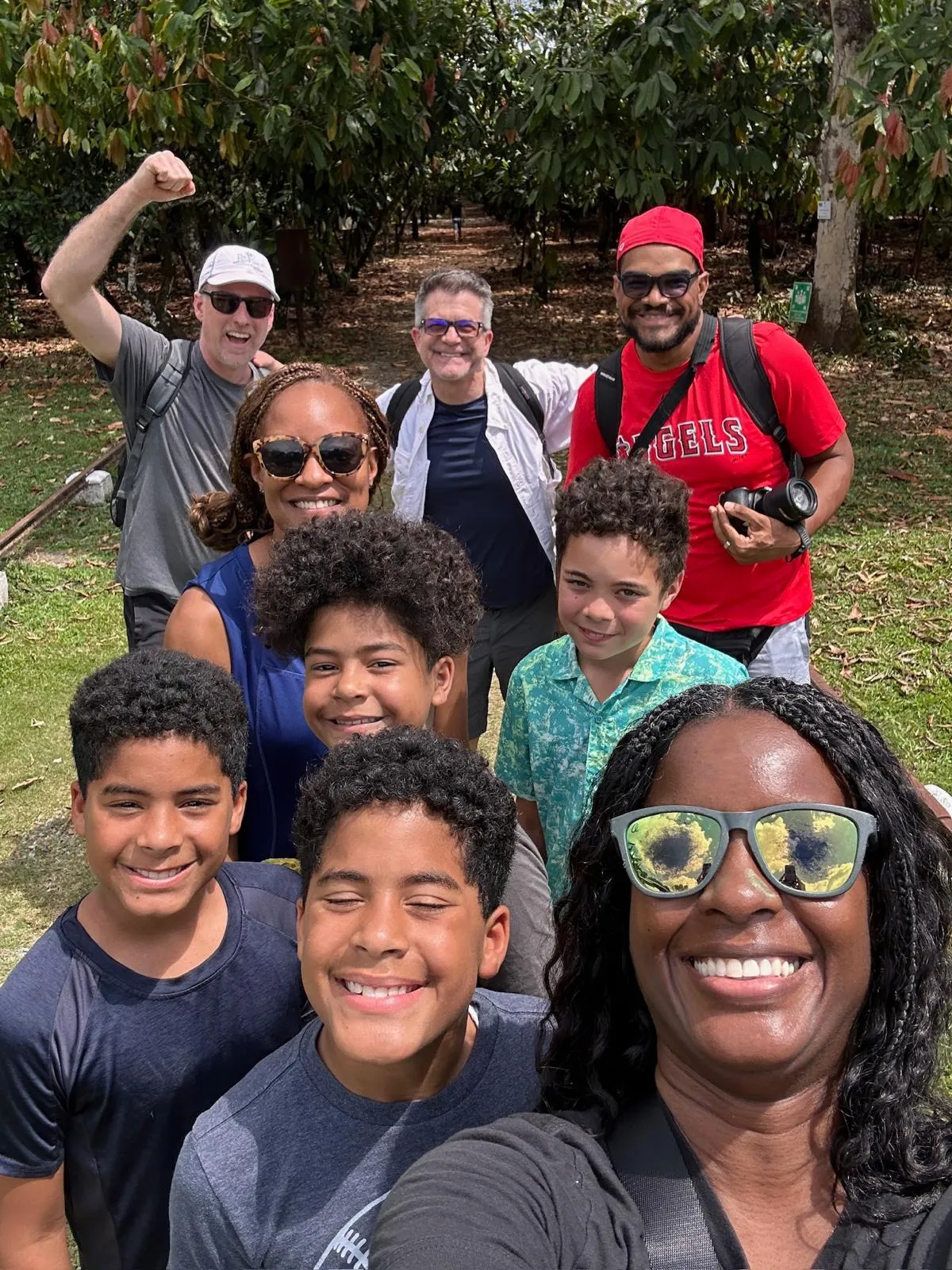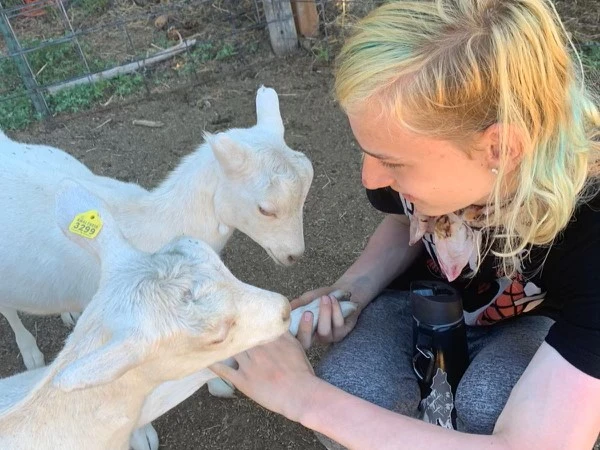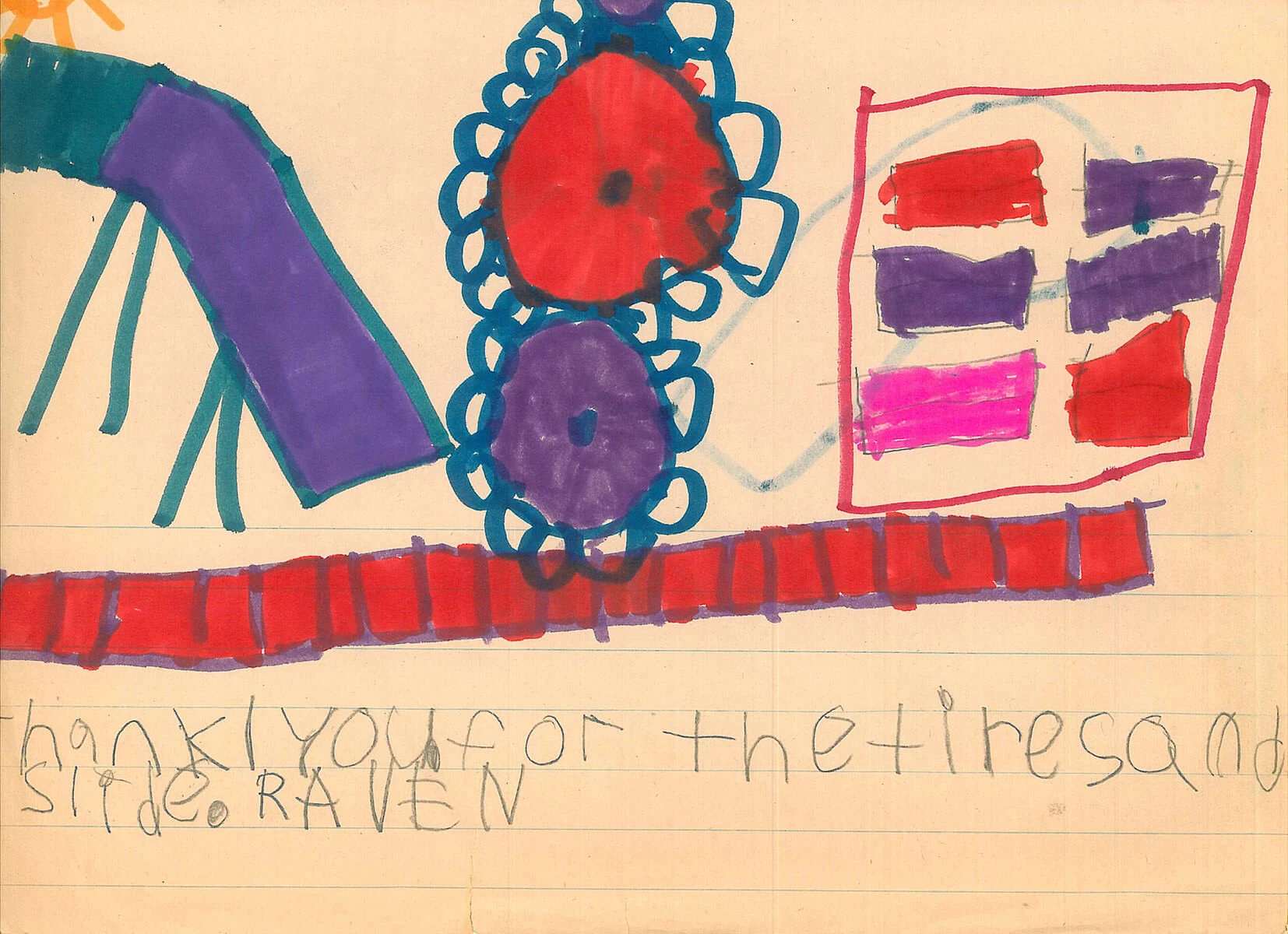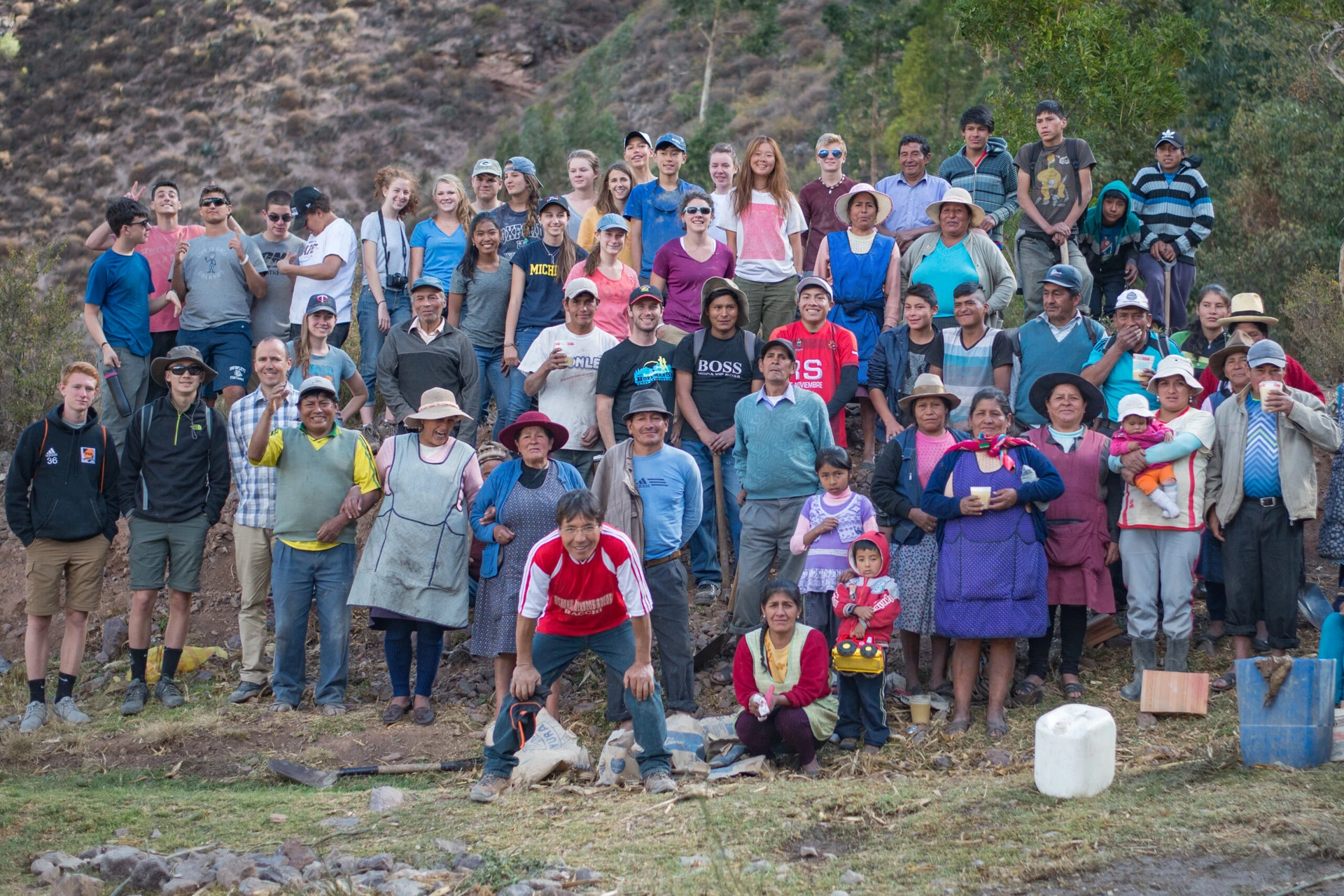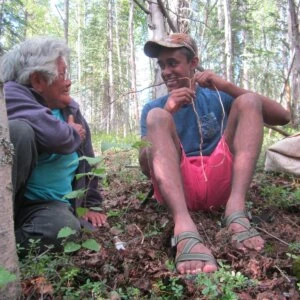 Travel Tips: VISIONS Alumni Share Their Best Tips from Summer Programs
Travel Tips: VISIONS Alumni Share Their Best Tips from Summer Programs
If you’ve traveled for a VISIONS Service Adventures program before, you understand how much you can learn from a summer away from home. Yes, service projects are at the core. But they’re in equal measure with the cultural experience and working with our nonprofit partners. We live in local neighborhoods, we are part of daily life, and the dynamic is accepting and inclusive.
We also make commitments for the long-haul, and have returned to some sites for 25 years. For teens, this means being welcomed like family. Here, VISIONS alumni share some perspectives about becoming a part of the community.
A good way to connect is to try and speak the local language. If they speak English, there will be many slang words distinct to the area worth learning! On our Spanish Immersion and French Immersion programs, formally and informally practicing the local language is key to developing skills.
“Many local people speak English or are trying to learn English and actually love having you talk with them. They love teaching you about their language and culture. Also, the Spanish language programs are perfect for practicing your high school Spanish, and you’ll always have the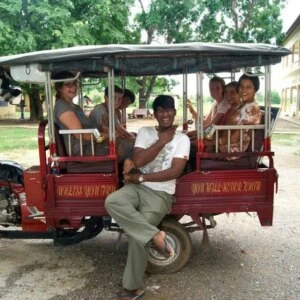 leaders to help you translate.”
leaders to help you translate.”
—Jacob Rosen: Cambodia, Nicaragua, Peru, Alaska
“Let yourself be immersed in the local culture. Don’t be afraid to talk to new people or to learn about their culture. Try speaking the local language and learning local customs.”
—Charlie Burns-Bahruth: Alaska, Myanmar
“If you’re on a language immersion trip, don’t be insecure about speaking! From my experience, the environment is not at all high-pressure or judgmental. The locals are super eager to talk to you, and the less hesitant you are, the more your language skills will improve, and the more opportunity you’ll have to make connections with people.”
—Molly Povich: Ecuador & Galapagos, Cambodia, Northern Passage
“Don’t be afraid to completely mess up when speaking a foreign language. Once you get over the fear of messing up, speaking becomes a lot easier and honestly, more fun. No one is going to get angry at you for messing up. It’s what they expect, and so by occasionally messing up, you’re learning from your mistakes.”
—Taylor Burlage: Nicaragua
“I would recommend doing a little bit of research on the place you are going. Having a background about their destination helps the experience be more meaningful.”
—Lizzie Edwards: Ecuador, Cambodia



